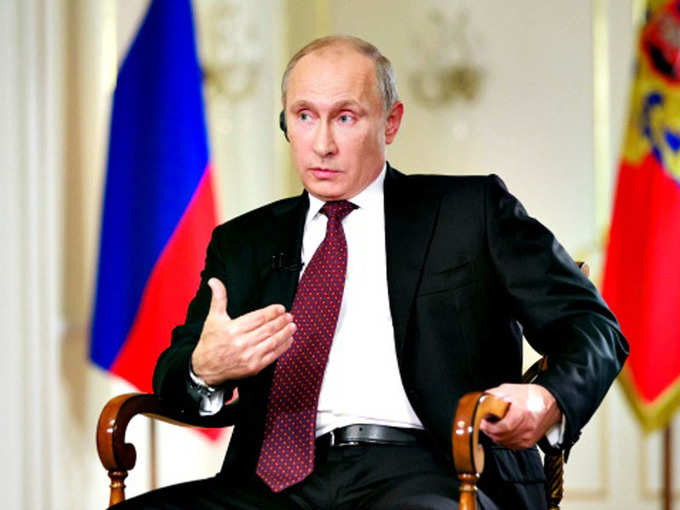 Power play by
Power play by The international Press, which is closely observing the civil war that broke out in
The ongoing crisis creates a rather sticky situation for the US, which is in a diplomatic soup regarding Crimea, especially after Russia’s imposition on this republic, citing ‘guarding the safety of ethnic Russian people’ living in that small nation by the Black Sea. India has treaded rather cautiously on the issue. The US, for its part, already said it would not recognise the referendum, whatever the outcome might be, and would take further steps against Russia at international forums, should the latter use the referendum to further its interests.
When two arms manufacturing powers are locked in an argument, India chooses to remain non-committal. Only when the country runs short of options, it does react after cautiously weighing all pros and cons.
The reason is simple. Russia has been a key ally of India and has stood by the country post 1998 after India conducted its nuclear tests in dunes of Pokhran. Russia’s (former
As Russia and India had been close allies for years and the latter had hugely benefited from the bilateral relations, India cannot be a mere onlooker now. With Russia about to recover its global position of strength and India looking for strong and strategic partners with whom it can further strengthen bilateral trade, a good relationship with Russia will continue to yield better results. Moreover, when one considers India’s demand for resources increasing with every passing day and the need of developing countries to trade with their strongholds to make ends meet, the logic becomes clearer.
When one looks at the trade relations between India and Ukraine, under which Crimea is legally an autonomous republic till it decides otherwise, the numbers don’t look too impressive – up to $3.1 billion as of now. However, several MoUs have been signed between the two, spanning diplomatic relations, air service, defence, education, culture, tourism, sports, etc. Also, over 4,000 Indian students are studying at various universities and educational institutions in Ukraine.
Incidentally, the then Ukrainian
What really matters is the agreement between two countries in the field of agriculture, health and counter-terrorism efforts. For India, where villages abound and agriculture is the main occupation, it makes sense to protect the interests of a country that provides a robust fillip to that field with fertiliser supply. For the sake of record, Ukraine ranks as one of the major producers of fertilisers and India is one of the leading importers of this product.
Boost to the pharma sector will also aid better health facilities within India, increasing its revenues manifold. Both countries work closely as far as the pharma sector is concerned.
Although China, after communicating with key EU leaders, decided to limit its role on Sunday and said a politically viable solution must be reached in Crimea, the Middle East will continue to burn for some more years, placing India in a quagmire of tricky international relations.
Image: Indiatimes